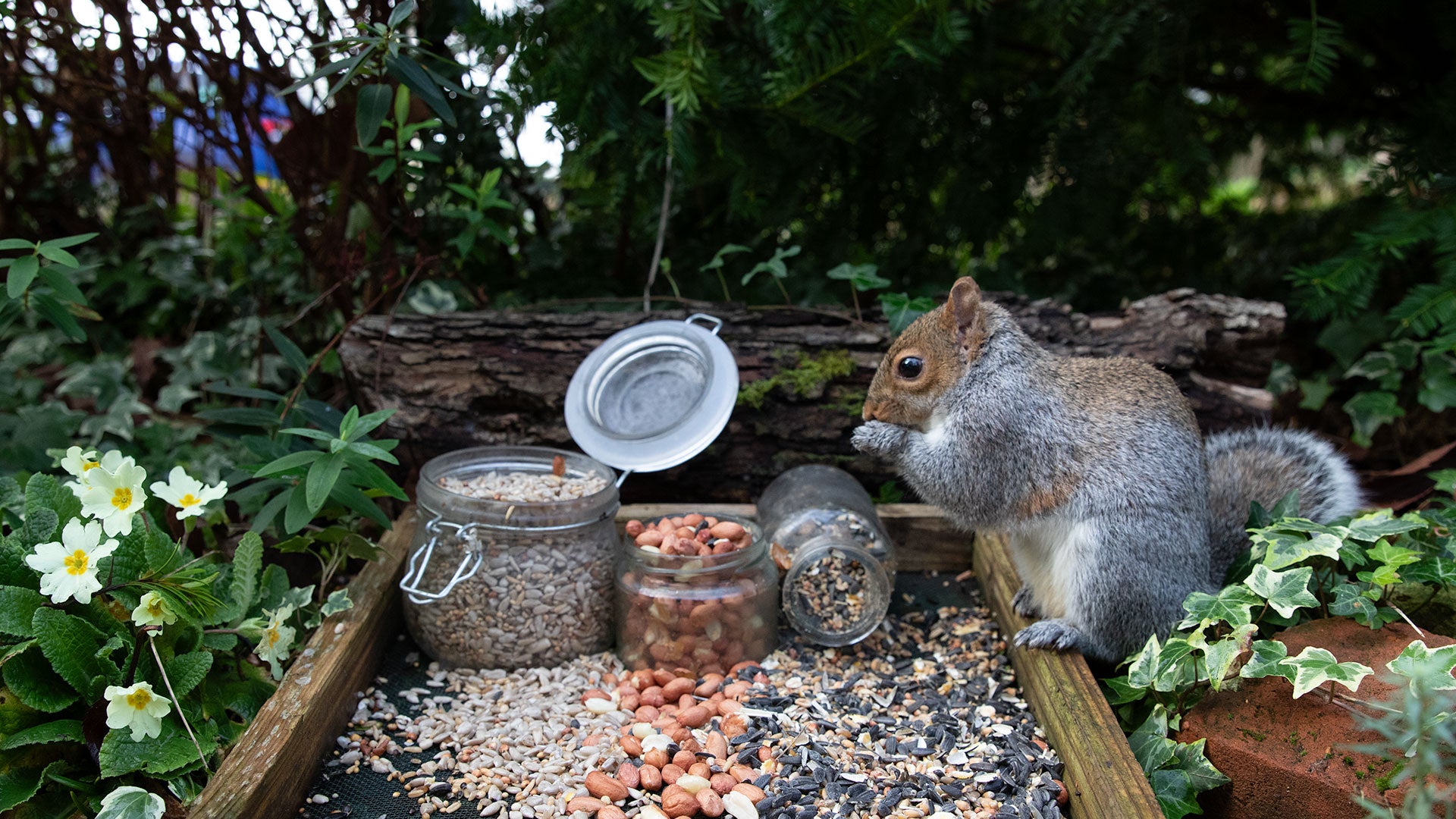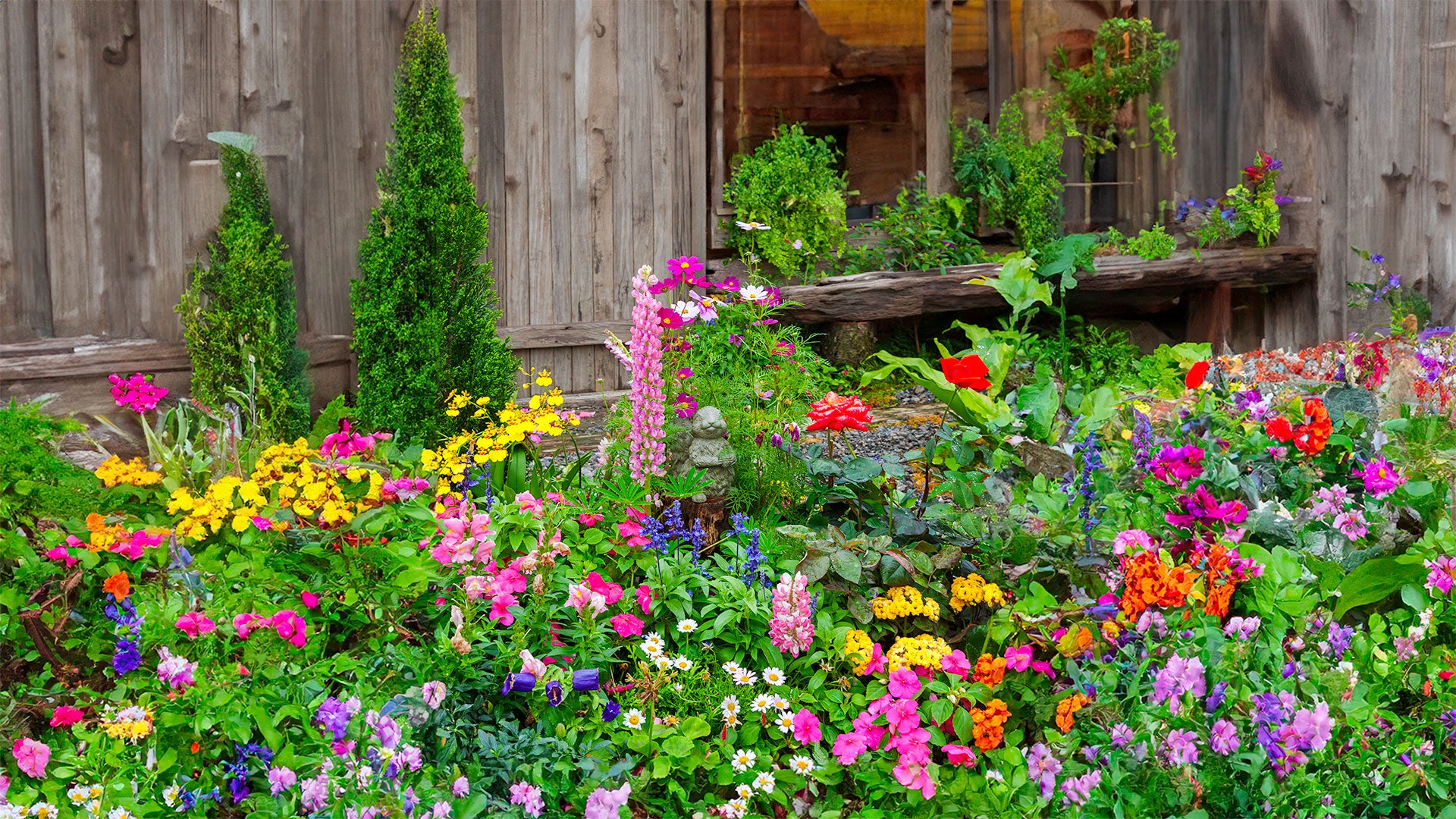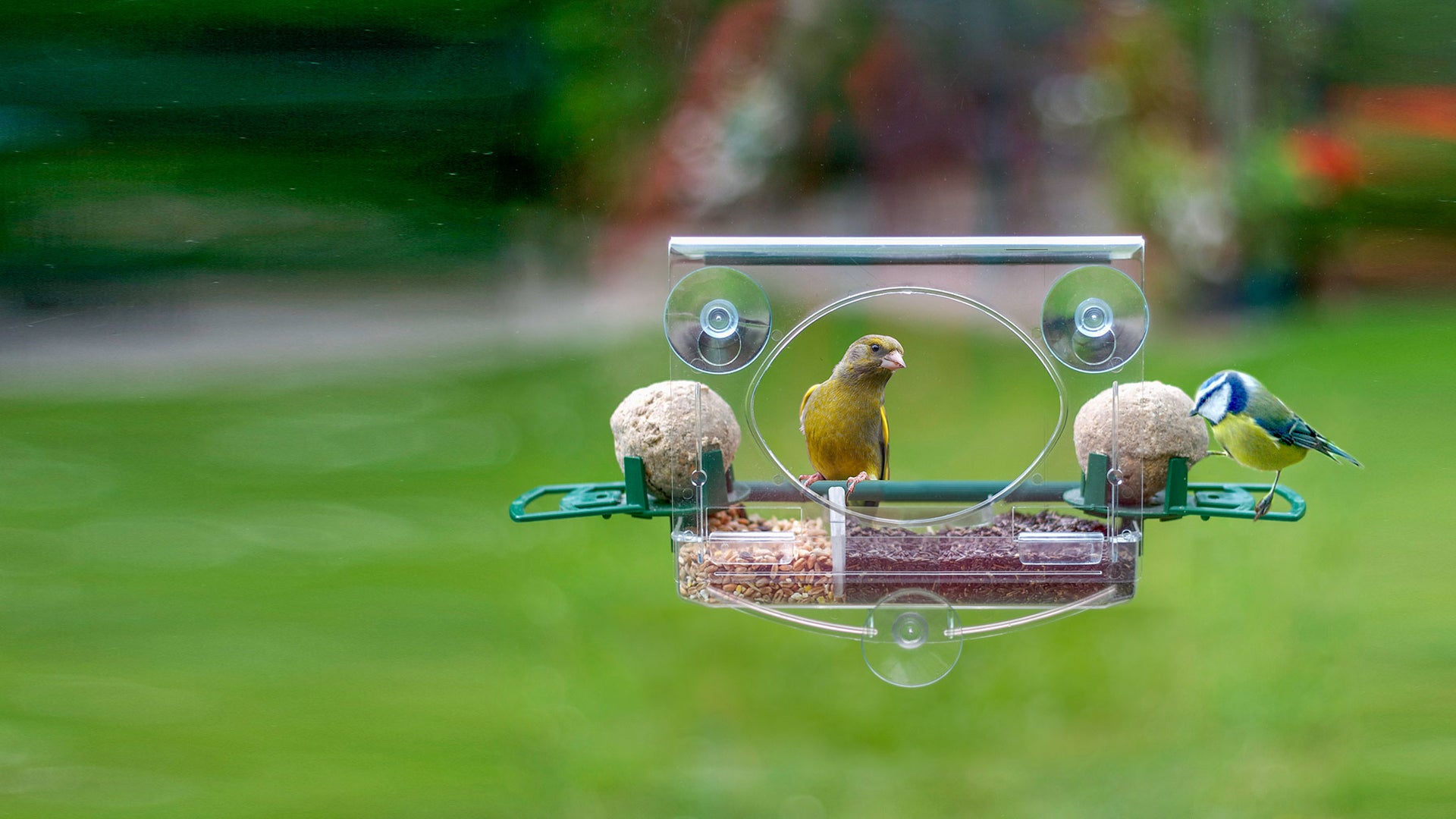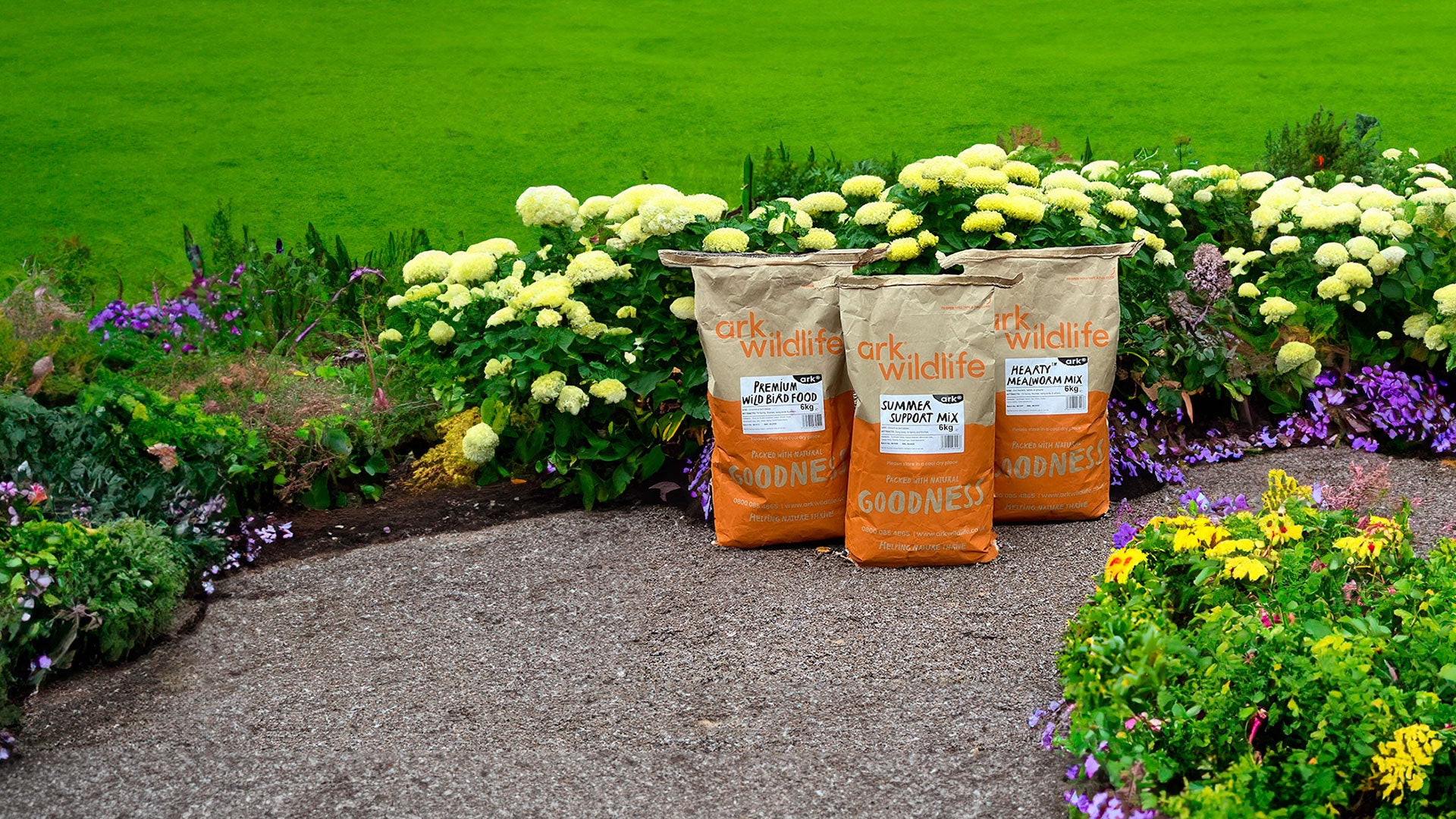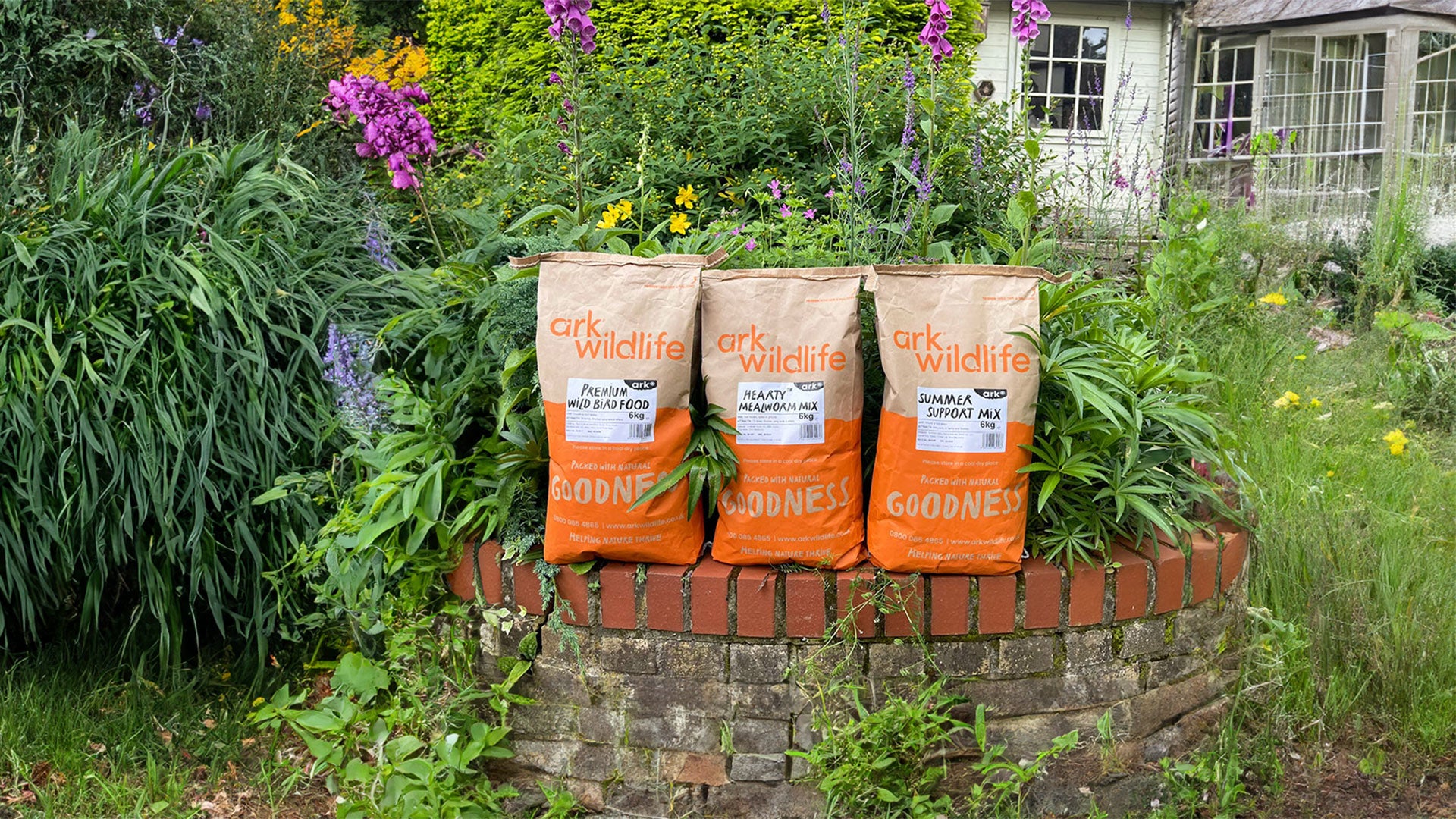As much as I wanted to run the best bird food company in the country, right from the outset I equally dedicated Ark Wildlife to hedgehogs. Despite its nocturnal nature the hedgehog is one of the most widely recognised animals and the only spiny mammal resident in the UK. Ask any school child or person in the street and I’ll wager 6,000 odd spines that they can name and identify a hedgehog ahead of any other native wild creature. The question then, is why have we been so complacent about the demise of the species?
The State of Nature (2016): A major scientific study of British wildlife conducted by over 50 wildlife organisations, identified our humble hedgehog as “declining massively in farmland” and “now entirely absent in many areas.” The report went on to say that ”sensitively managed wildlife-friendly gardens have now become increasingly important” and this is where we should focus our efforts for the future survival of the species.

While I would’ve been delighted to be proved wrong, scientific research has shown my instinct and long-term observations to be real, and our hedgehogs are in danger as a species. So, what’s to be done? Well the good news is a little goes a long way for a hedgehog. My thirty plus years of studying hedgehogs can be summarised in four simple steps – access, food, water and quiet. Of course, there’s plenty more you can do, and much of what I’ve learned is published on our website blogs, but for now these four simple steps will provide hedgehogs with a huge boost.
Access: Hedgehogs forage and roam far and wide and of course need to find mates to breed. Make access holes in gates and fences, (CD size for us older ones or about 12cm diameter for younger readers) to allow them to come and go.
Food: Hedgehogs are insectivores and eat all sorts of mini beasts and bugs. They really are the gardener’s friend. In the wild they rarely overeat, and a night-time dish of appropriate food will supplement their diet when weather restricts natural food availability.
Water: A diet of crunchy insects and long walks builds up a mighty thirst and fresh, clean water is a daily necessity. Put out a non tipping shallow-sided dish of water at night to guard against the very real risk of dehydration.
Quiet: Hedgehogs are quite tolerant of people and other animals, but require a quiet place to retreat for sleep, hibernation and most importantly raising a family.
It’s estimated that 75% of UK households now feed the birds at some time during the year. Now you may think me mad, but I’d love the same to be true for hedgehogs. Just imagine the positive effect this would have in reversing the decline in hedgehog numbers. If you’re looking to create a hedgehog-friendly garden, our hedgehog starter kits contain everything you need to get started.
Related Internet Links:

